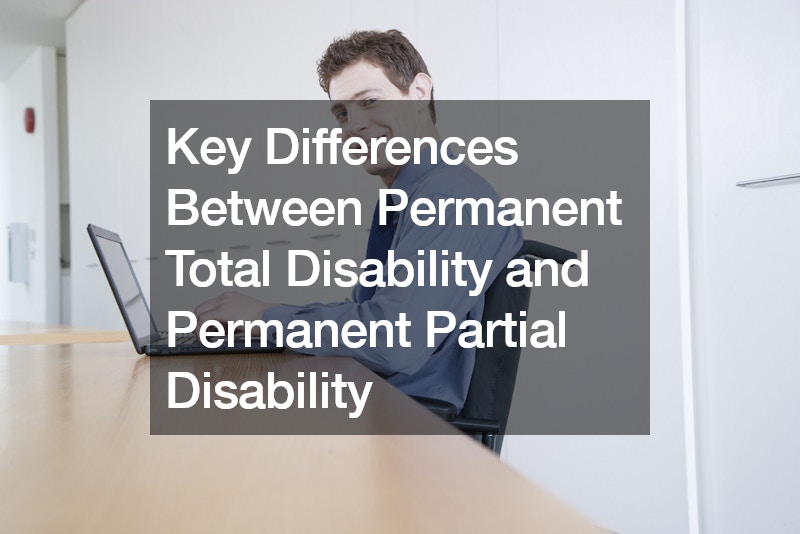
Workers’ compensation law can be complex, especially when it comes to understanding the distinctions between permanent total disability (PTD) and permanent partial disability (PPD). Knowing these differences is essential for anyone dealing with a work-related injury that may require long-term care and support.
Permanent Total Disability (PTD):
PTD occurs when an individual’s injuries are so severe that they are unable to perform any kind of gainful employment for the rest of their life. This classification recognizes that the person’s injuries are permanently disabling and will necessitate ongoing treatment indefinitely. Under workers’ compensation law, individuals classified as permanently totally disabled are entitled to benefits that can last a lifetime, ensuring they have financial support since they cannot return to work.
Permanent Partial Disability (PPD):
PPD, on the other hand, is designated for individuals who, despite their injuries, can still perform some type of work, albeit not at their previous capacity. These injuries are also recognized as permanent, requiring ongoing medical care. However, the benefits for PPD are not as extensive as for PTD. Changes to the law in 2007 capped the duration of benefits for PPD. While individuals previously could receive these benefits potentially for life, they are now limited to a maximum of ten years.
Understanding these classifications is essential for workers navigating their compensation cases. It impacts the duration and amount of financial assistance they can receive. For those classified under PPD, the cap on benefits means planning for the future is even more critical. If you are unsure about your disability status or the benefits you might be entitled to, consulting with a knowledgeable disability lawyer can provide clarity and ensure you receive the support you deserve.
Closing Thoughts
Distinguishing between Permanent Total Disability (PTD) and Permanent Partial Disability (PPD) is key to winning your workers’ compensation case. PTD offers lifelong support for those unable to work, while PPD provides benefits for a capped period. Understanding these distinctions can make a significant difference in your case, so seeking guidance from a trusted lawyer can help you secure the benefits you need and deserve.
.




